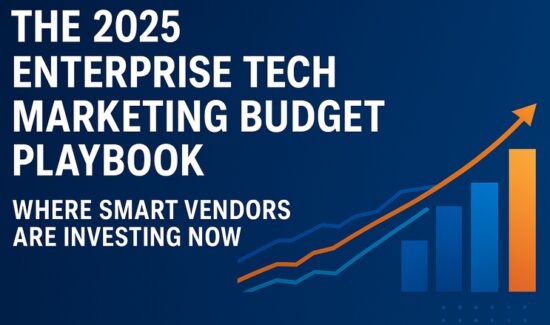Take Advantage of These 4 Key Marketing Automation Trends in 2019

Marketing automation as we currently know it has been around for almost two decades at this point. In that time there have been countless innovations in the field that have allowed for the marketing tools we take for granted today like email automation, reporting analytics, AI-driven assistants, and more. Considering the vast uptick in technology we have seen in such a relatively short period of time, it’s not too much of a stretch to wonder where automation will be this time next year.
Here are some marketing automation trends to watch in 2019:
AI on the Upswing
We have seen the future and its name is AI. Marketing automation in 2019 is going to be all about Artifical Intelligence and the ways vendors can apply it. In Salesforce’s 2018 State of Marketing report, the company found a 44 percent increase amongst marketers across the globe and that number isn’t going down. Why would it? Not only can a competent AI provide all those features common to marketing automation, but, when applied correctly, it can also act as a digital assistant. These assistants turn a mundane solution into what amounts to another team member that can deliver updates, reminders, and reports to you and your colleagues.
Plenty of vendors are already taking advantage of AI to great success. IBM, Blueshift, and Tanjo are but a few providers that are already pushing the envelope. Though the technology is at an impressive place for the moment, it’s commonly accepted that technology improves exponentially over time. This means that we can only look forward to bigger and better AI developments in the coming months and years.
Content Remains King
One of AI’s greatest strengths is allowing for a greater focus on creating appealing content. For the foreseeable future, there is no more effective way to generate leads and get people invested with your brand. Whether it’s something as simple as an evergreen webinar, or something as complex as the Redbull TV website, content is often the first contact a brand has with a lead. This is why it’s so important your automation strategy prioritizes its creation. Quality content, by its nature, fosters a connection with a brand.
As such, marketing automation strategies in 2019 should place a high focus on not only creating that content, but leading with it. Don’t just send cold opens when tapping new prospects. Start your relationship with potential leads by sending them a podcast that they’ll be interested in or pinging them on an article that may be of use to them. In 2019 content will remain the best way to break down that initial barrier between your campaign and a lead. A lead that feels catered to is a lead that becomes a sale.
Which leads up to our next point…
Perfect Personalization, Please (Say that three times fast)
We live in the personalized age. We customize our phones with apps of our liking, our social media feeds are curated to our wishes, and you can even make custom labels for scented candles. The fact of the matter is that people love things that are tailor-made for them, and marketing shouldn’t be an exception. 78 percent of customers in Salesforce’s State of Marketing report stated they are comfortable with companies having their personal data so long as it’s used to customize their experience.
Thankfully, automation already excelled at creating personal experiences for leads. The segmentation features offered by most every solution in the market help your team design unique messages based on a lead’s profession, age, location, or any other metric you may decide. These messages can get progressively more targeted until you know so much about a given lead you can market directly to them.
Options, Options Everywhere
If there’s one thing to definitively expect in 2019 it’s a growth in market size, which means more selection for buyers looking to find a new solution. Projections place the market value of the automation space to be $5.5 billion by the end of 2019, a huge increase from this year. That can only mean more vendors with more competition and innovation in the space.
Whoever said “no” to more options?




















